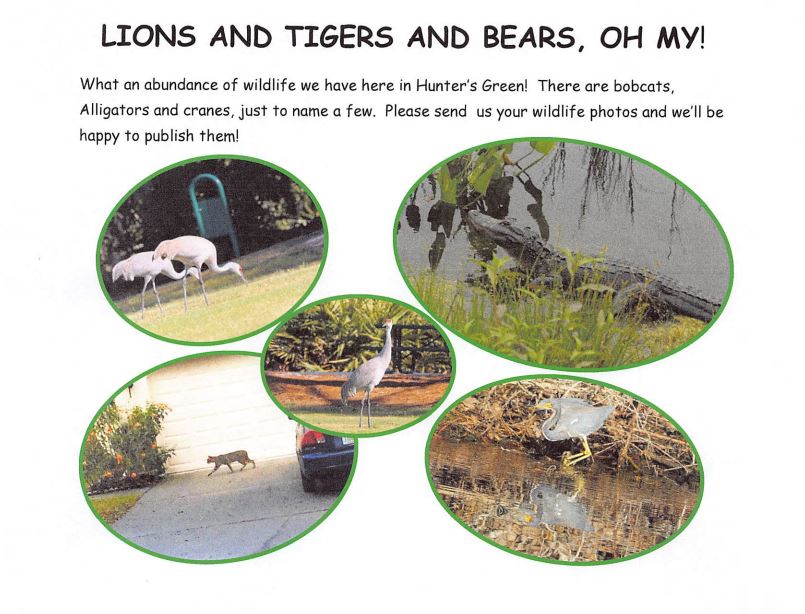Welcome to Hunter’s Green and its Wildlife!
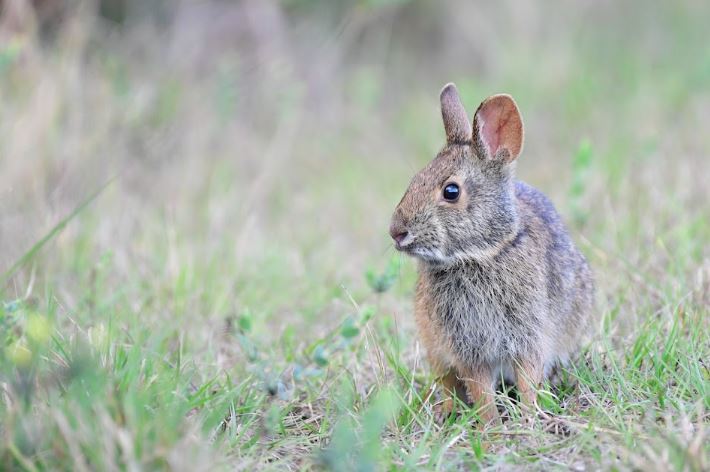
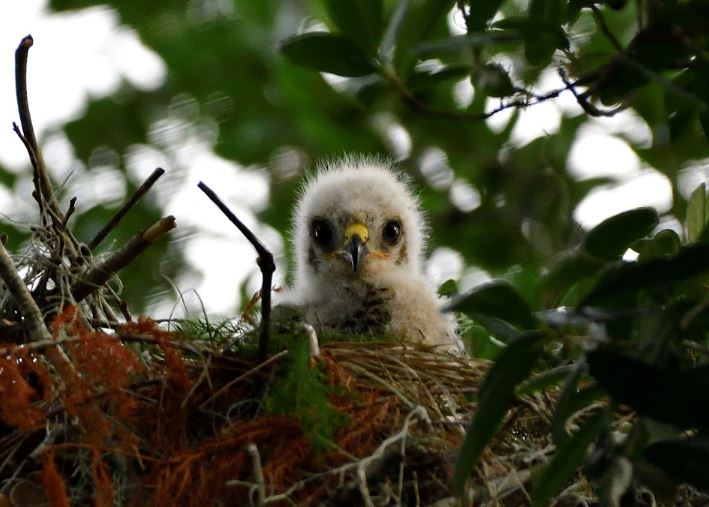
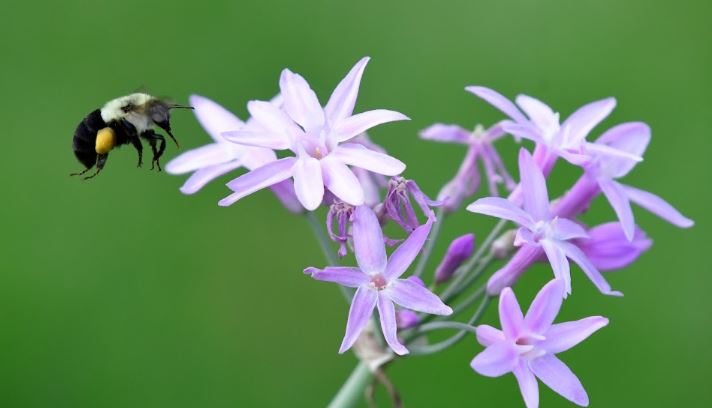
Living with wildlife in Florida is like being a character in a vibrant natural tapestry where every day brings a new encounter with its creatures. From the graceful wading of herons in marshlands to the stealthy prowling of bobcats in dense forests, Florida’s diverse ecosystems teem with life. The symphony of bird calls in the morning, the rustle of squirrels in the underbrush, and the occasional rustle of an alligator in the nearby pond compose the soundtrack of daily life. Amidst the lush foliage and shimmering waters, residents coexist with creatures ranging from diminutive lizards to majestic alligators. It’s a dynamic dance of adaptation and respect, where humans learn to navigate the delicate balance of sharing space with nature’s inhabitants. Each encounter, whether observing a family of deer meandering through the backyard or marveling at the aerial acrobatics of an osprey hunting its prey, deepens the appreciation for Florida’s rich biodiversity and reinforces the interconnectedness of all living beings in this enchanting realm. Hunter’s Green is abundant in various wildlife. On a casual day you might see noses of water turtles visible on the pond surface or a sandhill crane searching for its next meal. On your walks through Hunter’s Green or at the Flatwoods trail, you might come across a snake basking in the sunshine or a doe with her fawn looking for seedlings to eat. Each day will bring new experiences with the wildlife in Hunter’s Green.
Venomous snakes in Florida imbue daily life with a heightened awareness of the delicate boundary between human habitat and untamed wilderness. Among the lush foliage and humid marshlands, encounters with venomous serpents like the Eastern Diamondback rattlesnake, the Cottonmouth, and the Coral snake are not uncommon. Their presence serves as a reminder of the intricate ecosystem in which humans are but one part, navigating shared territory with these ancient and formidable creatures. Caution becomes second nature, whether stepping cautiously through overgrown trails or checking dark corners of the yard. Yet, amidst this caution, there’s a profound respect for the role these snakes play in the ecosystem, controlling rodent populations and contributing to the delicate balance of nature.
Alligators in Florida offer a unique perspective on coexisting with ancient predators in a landscape where waterways weave through everyday life like veins in the earth. From the tranquil banks of suburban ponds to the murky depths of vast swamps, encounters with these formidable reptiles are an intrinsic part of living in the Sunshine State. Residents learn to appreciate the quiet majesty of these creatures, observing their sun-drenched basking and stealthy movements with a mix of respect and caution. Vigilance becomes a habit, especially near waterways, where signs of their presence—rippling surface waters or the occasional sunlit gaze—are a reminder of the shared habitat. Yet, amidst this awareness, there’s an understanding of the vital role alligators play in the ecosystem, regulating prey populations and shaping the landscape itself. Living with alligators in Florida is a lesson in harmonizing with nature’s wonders, where each encounter serves as a poignant reminder of the intricate dance of life in this wild and vibrant environment.
Originally introduced for hunting purposes, Wild Boar are highly adaptable and prolific animals that have become a pervasive presence, wreaking havoc on native ecosystems and agricultural lands alike. Their relentless foraging behavior causes significant damage to crops, gardens, and natural habitats, leading to substantial economic losses for farmers and landowners. Moreover, their voracious appetite and aggressive nature pose a threat to native wildlife, disrupting fragile ecosystems and outcompeting native species for resources. Additionally, wild boars are vectors for diseases that can affect both wildlife and domestic animals, further complicating management efforts. Controlling their population has proven difficult due to their high reproductive rates and ability to thrive in various habitats. Consequently, the presence of wild boar in Florida underscores the importance of implementing effective management strategies to mitigate their impact on both the environment and the economy. If you come across wild boar in Hunter’s Green, please call the HOA office, do not try to scare them off.
Here are examples of some of the wildlife that you might encounter here in Hunter’s Green:
- Various waterfowl like Ducks, Cormorants, cranes, Anhinga’s, Storks, and Ibises
- Alligators
- Bobcats
- Florida Panthers (Rare)
- Squirrels and Racoons
- Anoles or Lizards
- White tailed Deer
- Opossums and Skunks
- Brown Bats and Jamaican Fruit Bats
- Coyotes and Red Foxes
- Wild Boar – Invasive Species
- Armadillos
- Marsh Rabbits
- Groundhogs and Gophers
- Mice, Rats, Moles, and Shrews
Here are some of examples of snakes you might see in Hunter’s Green:
- Black Racers – (non-venomous)
- Florida Brown Snake or Coachwhip – (non-venomous)
- Garter Snakes – (non-venomous)
- Hognose Snakes – (non-venomous)
- King Snake or Scarlett King Snake – (non-venomous)
- Rat Snakes – (non-venomous)
- Banded Water Snakes – (non-venomous)
- Eastern Indigo Snakes – (non-venomous) Protected
- Green Tree Snakes – (non-venomous)
- Florida Cottonmouth – (venomous)
- Southern Copperhead – (venomous)
- Eastern Diamondback Rattlesnake – (venomous)
- Timber Rattlesnake – (venomous)
- Coral Snake – (venomous) Remember the rhyme
- Red on Black, friend of Jack
- Red on Yellow, kill a fellow.
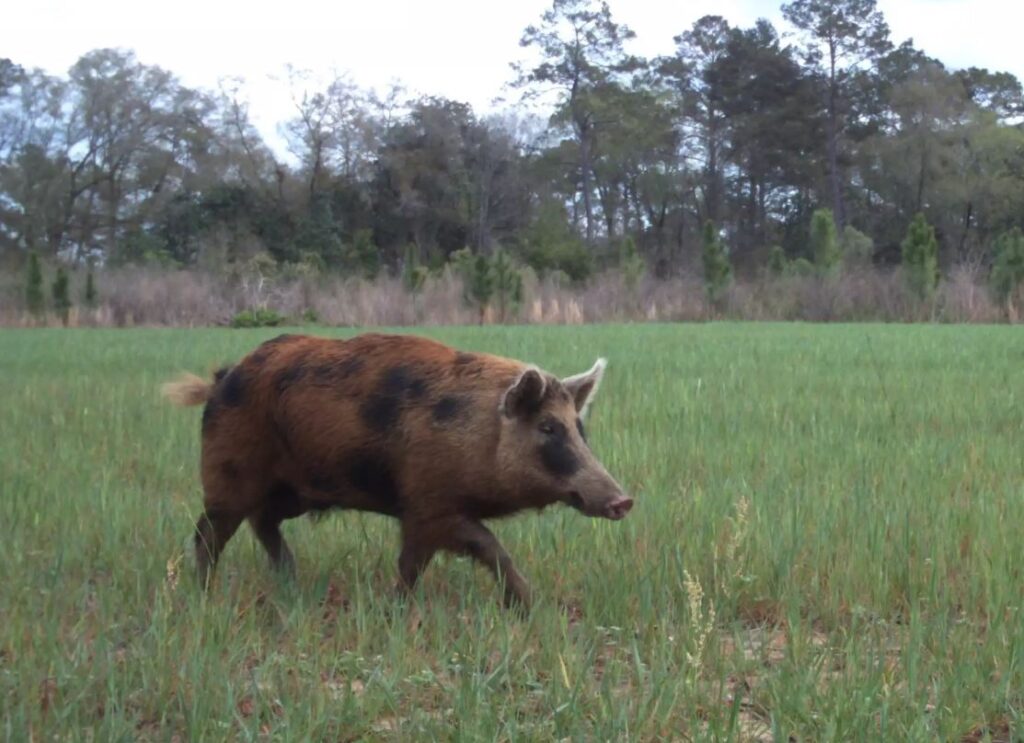
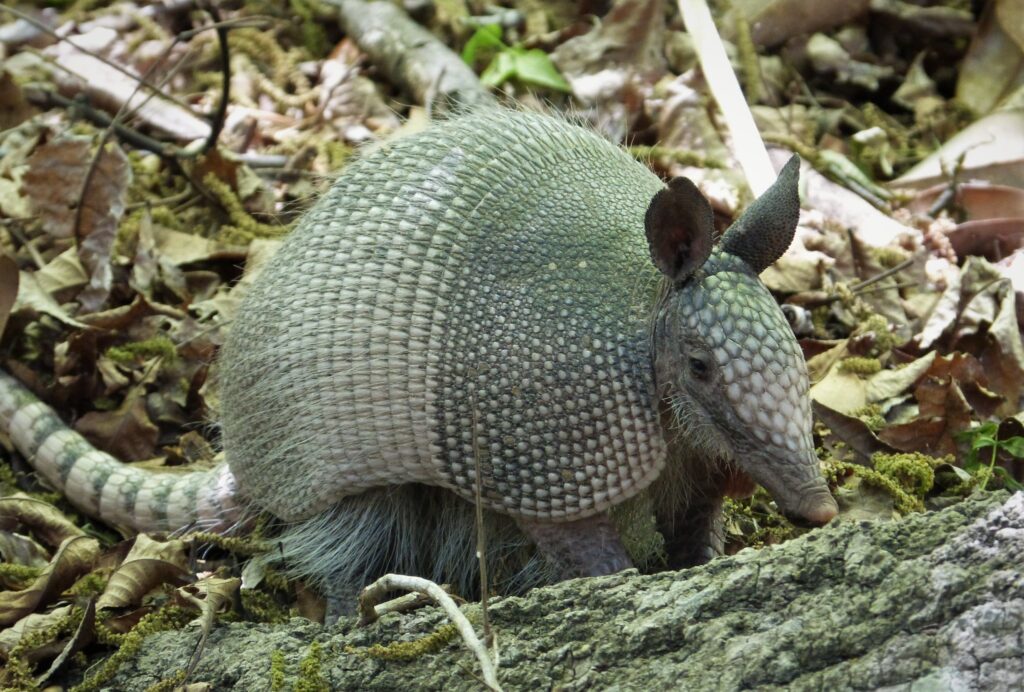
Additional wildlife links and resources:
Florida Amphibians & Reptiles Link: https://www.floridamuseum.ufl.edu/discover-herps/florida-amphibians-reptiles/
Identify a Florida Snake Link: https://www.floridamuseum.ufl.edu/florida-snake-id/
Identifying Florida Wild Cats: https://myfwc.com/media/29024/identifyingflwildcats.pdf
Freshwater Fish Identification: https://www.eregulations.com/florida/fishing/freshwater/freshwater-fish-of-florida
Fishing Regulations: http://www.eregulations.com/florida/fishing/freshwater/
Florida Fish & Wildlife Service (to order a fishing license): https://myfwc.com/license/recreational/how-to-order
Check out our gallery below
Gallery
Click to Edit
